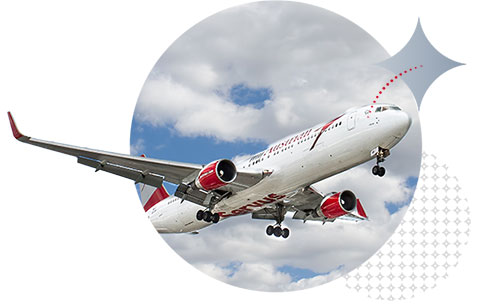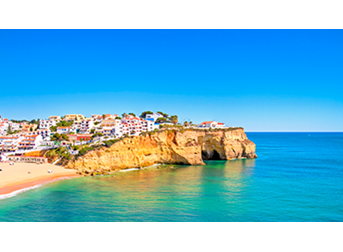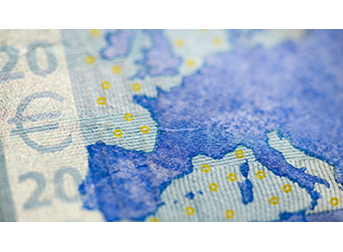How to move to Portugal
Make the most of your money for the move



Guide on moving to Portugal
5 minute readMore and more Brits are moving to Portugal each year. A large community of expats and retirees have moved over to the country to enjoy the warm weather, relaxed lifestyle and more affordable way of living.
That’s why we’ve created this guide on how to make moving to Portugal as smooth a transition as can be.
Do I need a visa to move to Portugal?
EU citizens don’t require a visa to enter Portugal, however will still need to register for a Portuguese residency visa when emigrating to the country. Registering for a temporary residency certificate can be done at your local town hall or regional office of the Portuguese Immigration Service.
This must be done within four months of moving to Portugal and will provide you with a certificate that’s valid for up to five years and will offer access to healthcare, education and social security. After five years of temporary residency, you will be able to apply for permanent residency.
To apply for a Portuguese residency visa, you will need to provide proof that you are employed or own your own business in Portugal. Alternatively, if you are retired and wish to emigrate to Portugal, you simply need to present evidence that you have sufficient funds to support yourself.
Do I have to pay tax on income or on transferring my overseas pension to Portugal?
Residents of Portugal must pay tax on all income earned within the country, as well as on pension payments and income earned from international sources.
However, those moving to Portugal will be relieved to hear that they can apply for Non-Habitual Residence (NHR) status. This exempts any foreign residents from tax on their foreign income for ten years, including tax on investments, savings, rental income and pensions.
As a result, the cost of moving to Portugal is very low and is one of the many reasons why the country is a popular choice for British expats.
How to open a bank account in Portugal
Whether you are buying a property in Portugal or looking to rent, you will need to have a Portuguese bank account to make the payments. It’s very easy to open a bank account in Portugal, with some banks even allowing you to do this from outside the country or online.
What is the currency in Portugal?
Euro (EUR) is the currency used in Portugal and has been since 2002, when it replaced the Portuguese escudo. The euro is the second most traded currency in the world and is the official currency of 19 countries within the Eurozone. Each euro is made up of 100 cents and note denominations include 5, 10, 20, 50, 100, as well as the rarer 200 and 500 notes.
If you move to Portugal from UK, you can get more for your money when making an international payment by keeping a close eye on the pound to euro rate. You can even set up a rate alert, which means that we will notify you via text or email if the rate moves above a set level of your choosing.
Emigrating to Portugal with pets
Moving to Portugal and bringing your pets with you requires British citizens to follow EU rules and regulations.
This requires your pet to have had an ISO 11784/11785 compliant microchip inserted by a licensed vet, as well as received vaccinations for rabies and a number of other diseases. These vaccinations must have taken place more than 21 days prior, however less than a year prior. Your vet is able to supply you with your EU Pet Passport in order for your pet to be eligible to travel.
An EU Pet Passport contains all the relevant information for emigrating with your pet, including an ID number linked to the microchip and vaccination certificates. If the microchip is not ISO 11784/11785 compliant, then you will need to bring the appropriate scanner with you to Portugal for the microchip to be scanned successfully.
Foreign currency exchange for moving to Portugal
Emigrating often requires multiple transfers between your British bank account and your new bank account abroad. This can be for completing the purchase of a property, sending your savings or pension over or a number of other reasons.
Many high-street banks add on transaction fees of up to £30 on each international transfer that you make, increasing the cost of sending money to Portugal. However, with our team of foreign exchange specialists, you can rely on low transfer fees, a competitive GBP to EUR exchange rate and a dedicated service that helps you to get the most out of your money.
Open an account to start transferring today
Making the most of your international payments account
Tips on making the most for your money when you emigrate
Our News Hub has plenty of easy-to-read guidance on how to emigrate abroad




